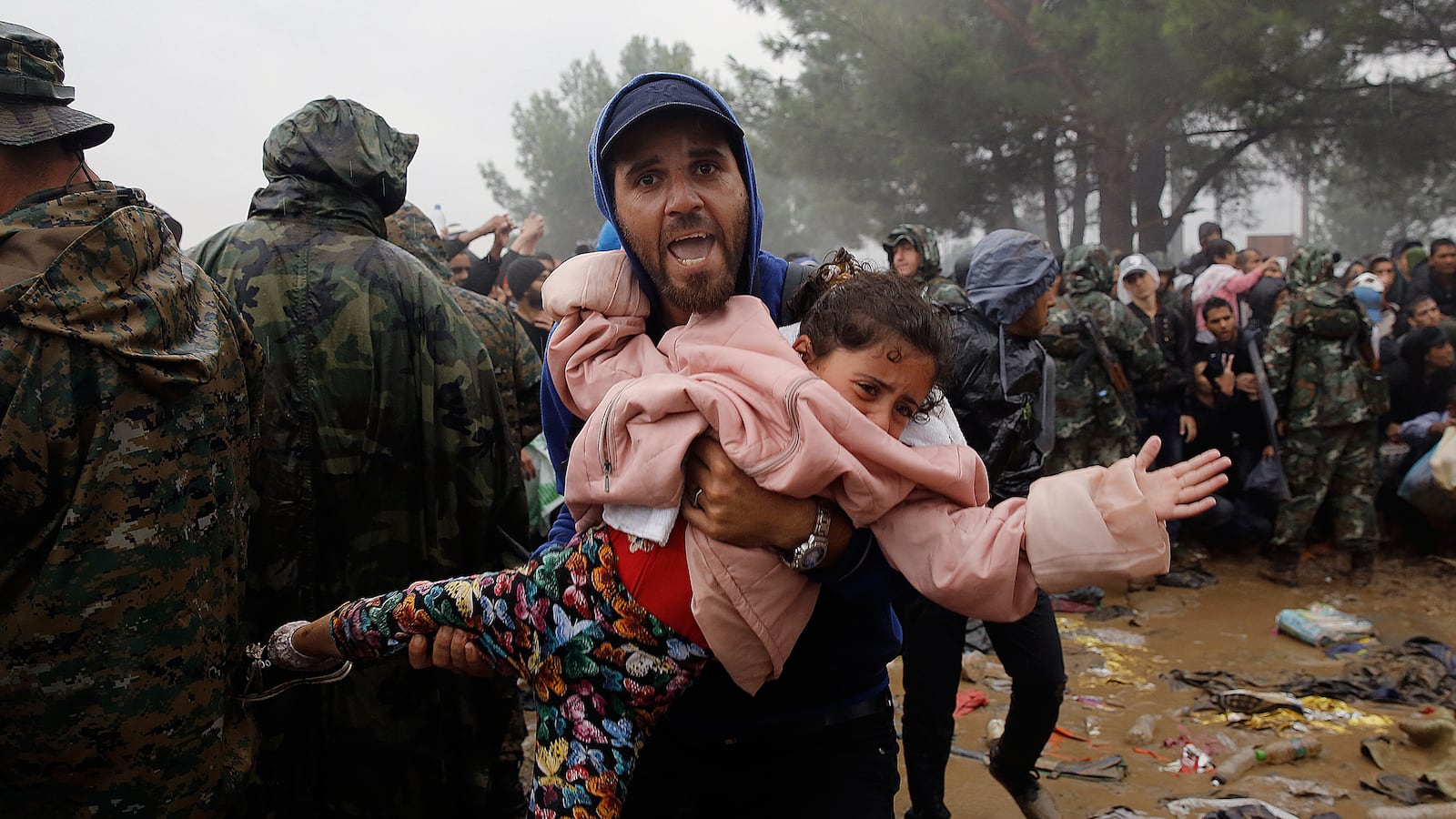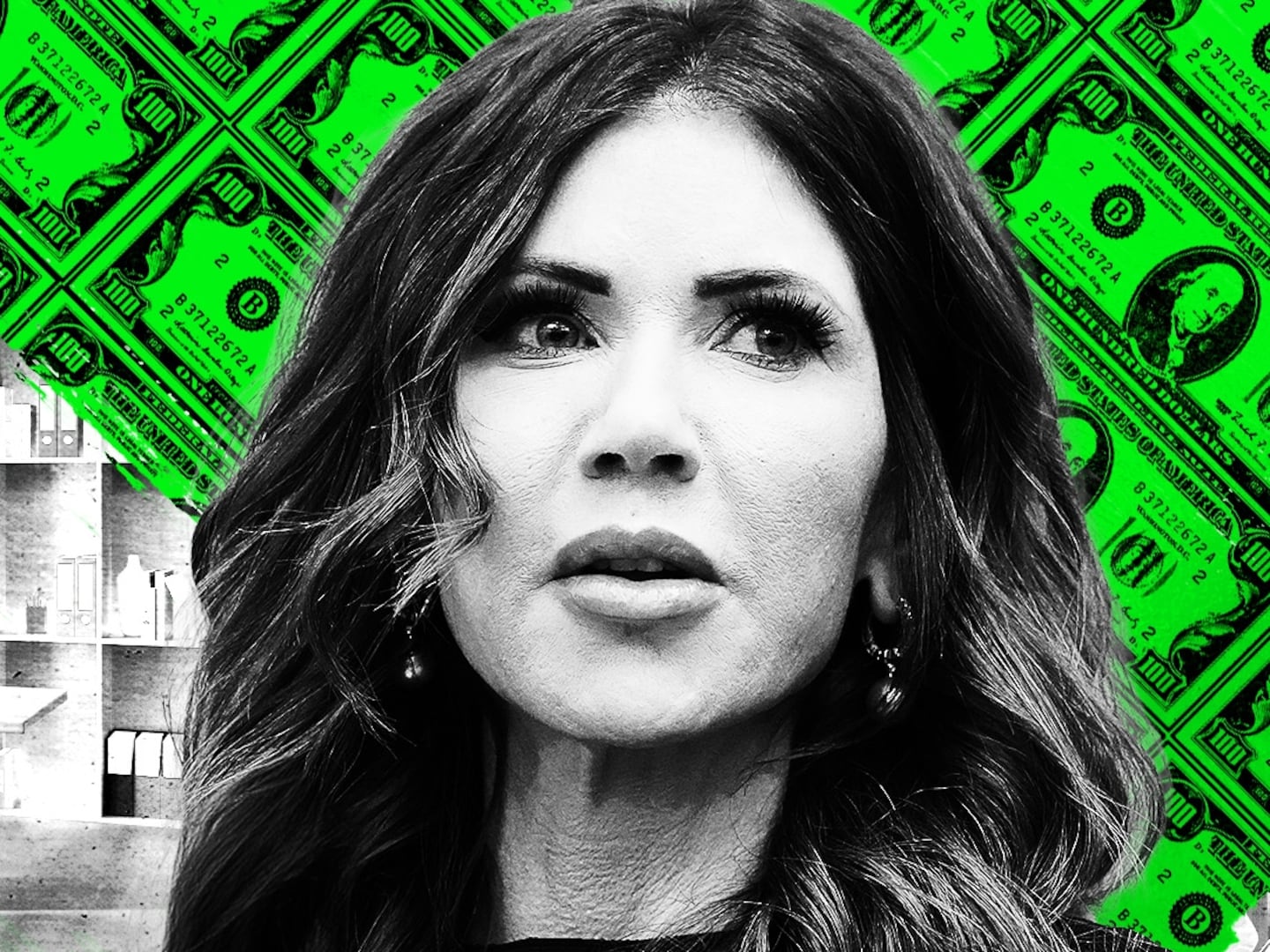The heartbreaking photo of three-year-old Aylan Kurdi, whose small body washed up on a Turkish beach, has become the symbol of the Syrian tragedy and of the international community’s lack of action.
His picture appeared on front pages of newspapers around the world, lamenting the fate of those who have been pushed to take the most extreme measures in order to escape the military conflict. Ailan Kurdi’s name will be remembered in Europe the same way the face of the Afghan girl photographed by Steve McCurry has been imprinted on European minds. But, in some Russian Facebook groups, the name of the dead toddler has become a symbol of the danger that Syrian migrants can bring to Europe.
Ten years ago, I arrived with my suitcases in an old French port city. I only spent one year in Marseille before moving to Paris, but I will never forget the people I met there—my neighbour from Morocco, the grocer from Tunisia, my Algerian taxi driver or the hairdresser from Ukraine. The mixture of languages, cultures and traditions in Marseille seemed perfectly normal to anyone there: the population of Marseille was like a buffet in a hotel restaurant—everyone is sure to find something to their taste.
Marseille, in those days seemed like the capital of France to me, a city where Liberté, Égalité and Fraternité could be seen on every corner. And that was exactly what most people liked about Marseille, except perhaps, the few Russian immigrants that I met, who were endlessly complaining about refugees who they claimed were “disturbing the French way of life.” The funny thing is that all my acquaintances had acquired their French nationality by birth, while the Russians doing the complaining only had residence permits valid for one year.
During the same period a terrified friend called me from Moscow, asking whether it was true that “the Arabs had burned down the whole of Marseille and that there were no more cars left in the city.” When I asked him which TV station he was watching, he answered that he was only watching Russian stations. Of course I had read in the local paper about cars being lit on fire in Marseille’s troubled suburbs, but on Russian television screens the fires were somehow burning more intensely, and the port city looked like something out of the film “Armageddon.”
Ten years later, nothing has changed in Russia. Today, many of us are more afraid of Syrian refugees than are people in the European Union, the primary destination of Syrian migrants.
There are two factors that could explain this phobia. First of all, the leader of the French far right party “National Front”, Marine Le Pen, who has been supporting the Russian authorities on Ukraine and Syria, features more prominently in Russian official media than she does in French media.
Le Pen’s allegations about the European Union not being able to deal with the migrant issue were widely broadcast in the Russian media. “We have to stop social assistance,” Le Pen announced on Russian screens. “We have to stop giving them [the migrants] housing and money. We don’t want them to see our countries like a corner of paradise where they can settle down.” Marine Le Pen’s idea of paradise is probably something similar to the refugee camp in Hungary where Hungarian nationalist and camerawoman Petra Laszlo kicked refugee kids before finally knocking down a man holding a child in his arms.
The second reason for this hostility to refugees can be explained by oft-repeated statements of high-ranking Russian officials. And when Russians hear the term “Syrian refugees,” they understand it as the reference was to Kazakhs, Uzbeks or Tajiks. It would be hard to imagine a European immigration officer making statements similar to those of Russian Federal Migration Service director Konstantin Romodanovsky when he was explaining why Muscovites are so negative about Central Asian migrants: “The population is not annoyed by the fact that these people are working [i.e. they are taking someone’s else job] but by the fact that they behave differently.”
But just a little more than 20 years ago, “these people” as Romodanosky called them, were our “brother nations.” We shouldn’t be surprised though: Ukraine was Russia’s brother nation too and now our last hope to put an end to the war in Ukraine lies in the implementation of the Minsk Agreements, in which no one seems to believe anymore.
While the UK, France and Germany were trying to figure out how many Syrian refugees they would be able to accept, a woman posted the following comment in the Russian Facebook group “Russian-speaking Switzerland”: “I don’t feel safe anymore. Last night I had nightmares because of all these stories about refugees. I think that this massive inflow is terrible. There were lots of refugees in the past during the first and the second world wars, but those were mostly Europeans; they were educated, civilized people. Today’s refugees are a band of “savages” on the run. I think in the near future, Europe will become Muslim and people like us will become their slaves.”
In the comments under the post there was a lot of vulgar language from the author, but she added that she was a Russian Orthodox Christian. Apparently, nobody told her that among those fleeing the Syrian war, there are also a number of Christians. Though the idea of helping only Christian refugees, as suggested by two mayors from the French conservative party, the Republicans, sounded like a kind of a Newest Testament. Marine Le Pen screams that Germany will make slaves out of Syrian refugees, but Russian immigrants to Switzerland are afraid that they will be enslaved by Muslims.
Though we don’t know how long the Russian author of this post has been living in Switzerland or how deep her understanding of European culture and traditions may be, but it sounds like she is more disturbed by refugees than the Swiss are themselves. Indeed, the Swiss Confederation, moved by the tragedies of thousands of migrants, is fully mobilized. “Never before have citizens themselves played such an active role, and shown such solidarity,” explained Urs Weber, the head of asylum division of the migration office of the city of Saint Gallen. And the Swiss have a very different presence on Facebook, where one of the Swiss groups bears the title “Helping refugees instead of just being moved”
After I moved to Paris, I made a lot of new friends, and once again, they were not only French natives but Chinese, Tunisians, Moroccans, Ukrainians, British and Kazakh as well.
One day, a Russian acquaintance explained to me how she and her husband, were avoiding paying French taxes, by hiding money in accounts. These weren’t large sums, but the result was that she was paying a lot less taxes than everyone else was. Of course, she was still using the free French health care system, but she was not paying into the system. As usual, she complained about “the x.”. That day, she was with her 5-year-old daughter and when she told her daughter that it was time for them to go to the sport lesson, the little girl became completely hysterical. “Don’t you like sports?,” I asked her. “I do like sports, but I don’t like the teacher,” the little girl replied in tears. Then I asked her if her teacher was too strict. “No, he is not strict at all. But he’s brown, his skin is dark. And I don’t like that—I’m afraid of him,” she answered. Her mother didn’t bat an eye at this, and her father proudly said: “You see, I am not worried about my daughter’s future, she won’t be having any brown babies when she grows up.”
Faced with these kinds of attitudes, we have to wonder what is worse, the “Islamification of the European Union”, which they are trying to scare us with by pointing to the current wave of migrants, or the everyday intolerance of legal immigrants? Obviously, these people have never had to flee a war, and they clearly do not understand European values as well as my neighbors in Marseille do, or those refugees hoping to escape war and chaos on a boat like the parents little Ailan Kurdi.






